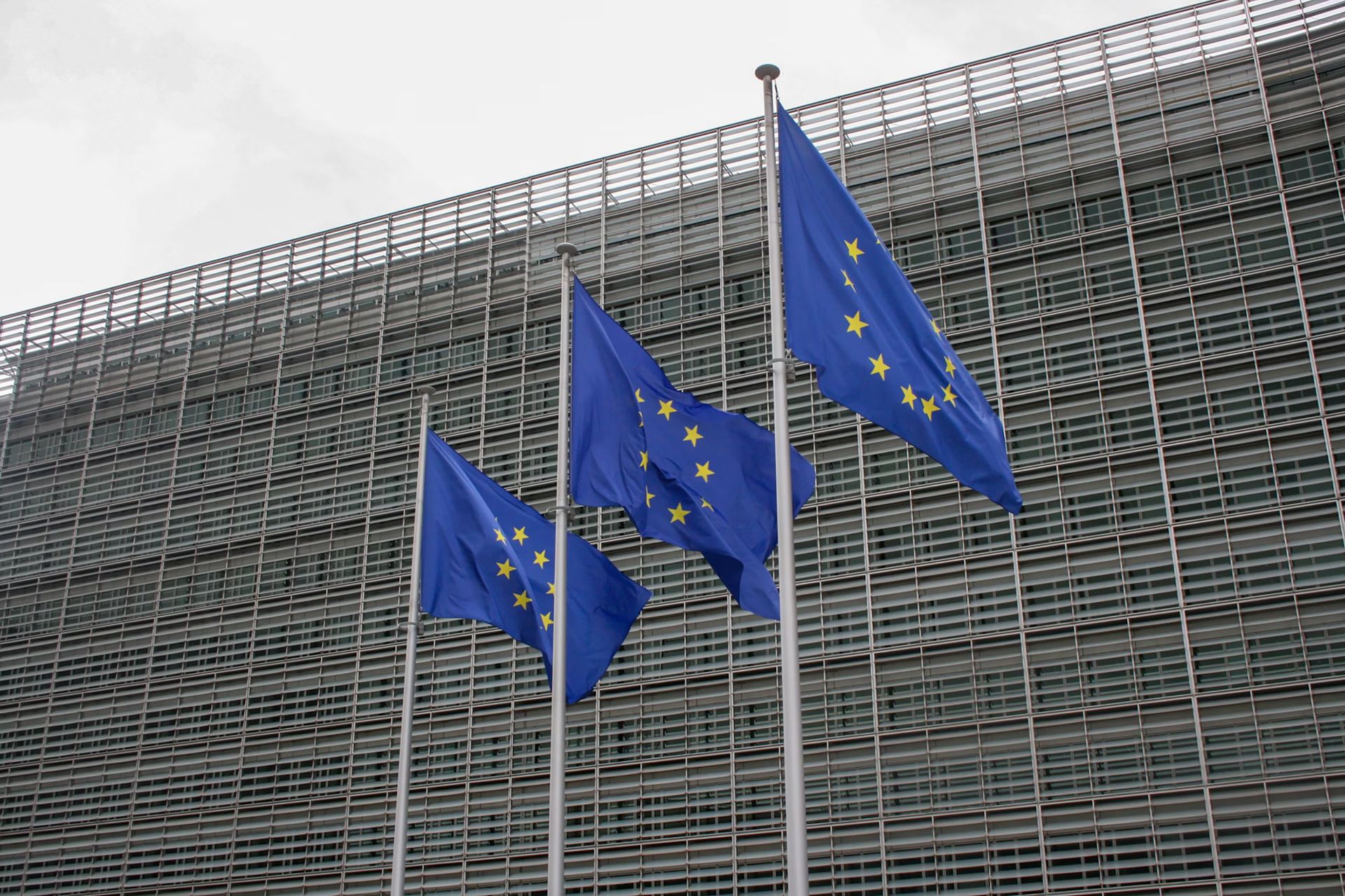and the distribution of digital products.
DM Television
Europe dials back AI rules and officials deny U.S. influence in the decision

The European Union has denied that recent reductions in tech regulation, notably the withdrawal of the AI Liability Directive, are a result of pressure from the Trump administration. The AI Liability Directive aimed to facilitate consumer lawsuits for harms caused by AI-enabled products and services.
EU denies pressure from Trump on AI liability directiveIn an interview with the Financial Times, Henna Virkkunen, the EU’s digital chief, explained that the decision to scrap the AI liability proposal stemmed from the bloc’s goal to enhance competitiveness by reducing bureaucracy and red tape. She stated that the EU seeks to “help and support” companies in applying AI regulations while ensuring that additional reporting obligations are not imposed.
U.S. Vice President JD Vance recently urged European legislators at the Paris AI Action Summit to reconsider their approach to technology regulation and to embrace the “AI opportunity.” Following his speech, the European Commission published its 2025 work program, which confirmed the withdrawal of the AI liability proposal and outlined plans to promote AI development and adoption in the region.
The EU’s recent tech policy adjustments aim to spur investments in artificial intelligence without succumbing to external pressures. Virkkunen emphasized that the deregulatory push is driven by the EU’s ambition to remain competitive and is not influenced by the United States. She noted the importance of maintaining enforcement of existing online platform rules to ensure a fair competitive environment.
The EU’s AI Act categorizes AI technologies based on their risk levels, determining that higher-risk categories entail more rigorous reporting requirements. Powerful AI models, like OpenAI’s GPT-4 and Google Gemini, will also be subjected to enhanced transparency obligations regarding their training methodologies.
Despite criticisms from companies like Google and Meta about the upcoming AI code of practice being unworkable, Virkkunen reaffirmed the EU’s commitment to cutting bureaucracy while protecting its values and legal frameworks. She stated, “Our digital world can’t be a wild west where there are no rules.” The EU continues to assert that it remains one of the largest markets for U.S. tech firms, which have largely complied with its regulatory demands.
A day after Vance’s speech, the Commission unveiled its 2025 work program, promoting a “bolder, simpler, faster” Union. The document scrapped the AI liability proposal while outlining initiatives to boost regional AI growth and adoption.
Key deliverables of the 2025 Commission Work Programme:
- Sustainable prosperity & competitiveness: The Competitiveness Compass will drive growth, while the EU Start-up and Scale-up Strategy enhances access to capital. The Clean Industrial Deal targets a 90% emissions reduction by 2040.
- Defence & security: Strengthening European Defence through collective investments with NATO, bolstered by the Preparedness Union Strategy, EU Stockpiling Strategy, and Critical medicines act to secure essential resources.
- Social policies & workforce: The New Action Plan on the European Pillar of Social Rights and Union of Skills will modernize policies to equip workers for technological and demographic shifts.
- Quality of life & sustainability: A Vision for Agriculture and Food will ensure stability for farmers. The Ocean Pact and European Water Resilience Strategy will address climate change, while a Common Agriculture Policy simplification package reduces bureaucracy.
- Democracy & values: The Democracy Shield combats extremism and disinformation. Renewed LGBTIQ Equality and Anti-racism strategies aim to strengthen anti-discrimination policies.
- Global strategy: Prioritizing Ukraine’s freedom and a two-state solution in the Middle East, the EU will advance Mediterranean, Black Sea, and India partnerships for regional cooperation.
- Future-proofing the union: A revised Multiannual Financial Framework will streamline funding and assess EU enlargement impacts, ensuring policy effectiveness in a larger Union.
Featured image credit: Carl Gruner/Unsplash
- Home
- About Us
- Write For Us / Submit Content
- Advertising And Affiliates
- Feeds And Syndication
- Contact Us
- Login
- Privacy
All Rights Reserved. Copyright , Central Coast Communications, Inc.